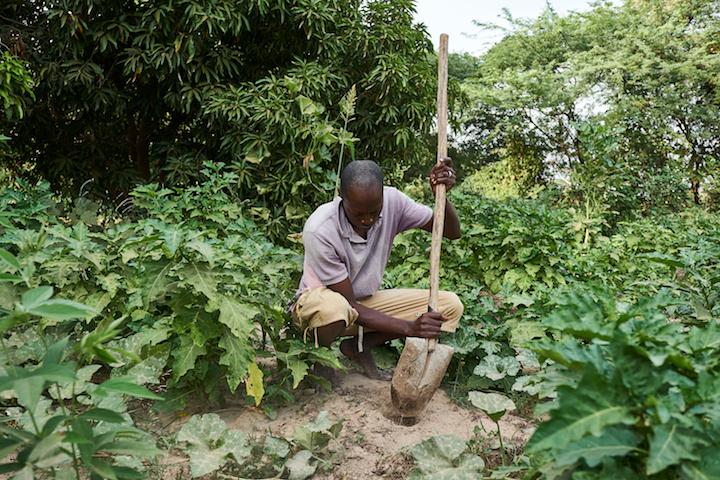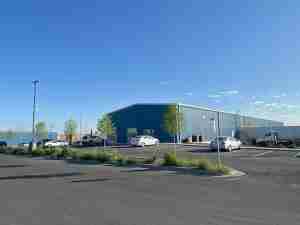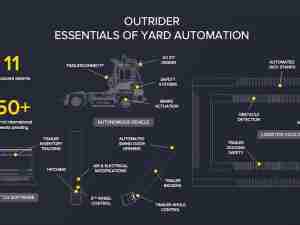ATA Freight, a leading global logistics and freight forwarding services provider, has been doing its part to protect our earth, reduce human impact on our natural resources, and help stave off hunger and poverty. The eco- and socially-minded company has long supported the efforts of the organization, Trees for the Future (TREES), a 501(c) (3) nonprofit organization whose mission is to end hunger and poverty by training farmers to regenerate their land. In 2020, ATA Freight participated in a TREES Adopt a Project to implement the Kaffrine 7 Forest Garden Project in the Missirah area of the Kaffrine Region of Senegal. ATA Freight supported the planting of 100,000 trees and 40 acres, which will help to sequester 5,786 metric tons of CO2 over the next 20 years.

This is just one example of how ATA Freight has been assisting in the TREES Forest Garden program. ATA Freight’s Chief Operating Officer Matt Goker noted that ATA Freight has been supporting TREES for many years going back to 2011. A total of 167,000 trees have been planted as a result of ATA Freight’ support, offsetting 9,662 metric tons of CO2 emissions. Additionally, that has enabled 534 farming family members to gain improved lives through the planting of trees in sustainable farming systems.
“2020 was an unprecedented year in many ways not the least of which were the numerous examples of our earth’s evolving climate conditions and how that is manifesting itself around the world,” said Goker.
“This year saw an unparalleled number of hurricanes, raging wildfires, diminishing glaciers, tsunamis and more,” he continued. “Scientists attribute much of these occurrences to global warming which can be traced back to how we are and are not protecting our natural resources. We are very proud to be part of the TREES community and are fully-committed to the tree planting program which provides environmental benefits by improving soil fertility, water management, as well as climate mitigation and adaptation, and also gives opportunities to individuals in impoverished communities to farm and become self-sustaining. This, in turn, helps their children and future generations gain greater opportunities to receive an education and becoming contributing members of society and their communities.”







